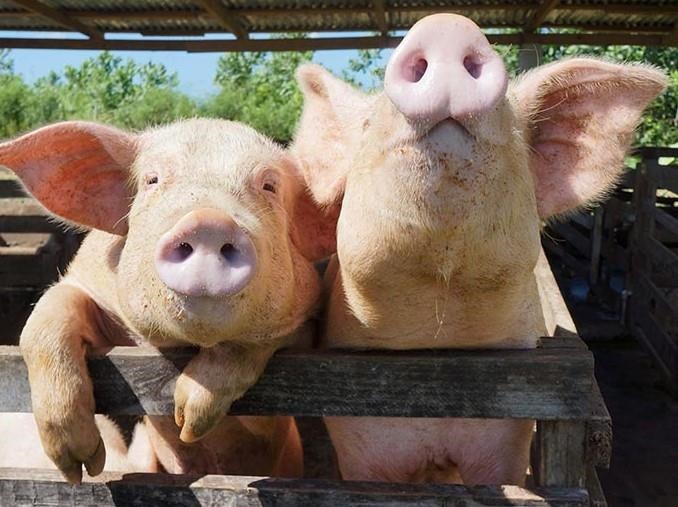By Greg Cima
African swine fever killed more than 2,400 pigs in at least 24 outbreaks in the Dominican Republic this summer.
The infections are the first identified in the Caribbean since 1984, according to the World Organisation for Animal Health (OIE). The first discovered outbreak began about July 1 and killed almost 800 pigs in the country’s northwest, and an OIE update published Aug. 8 indicates subsequent testing found infections back to April 10.
“While further investigations are ongoing to determine how the virus entered the country, several measures are already in place to halt its further spread,” an OIE announcement states.

The U.S. Department of Agriculture Foreign Animal Disease Diagnostic Laboratory confirmed the presence of ASF virus in the Dominican Republic on July 27, and Dominican Republic authorities reported the results to the OIE on July 29, according to OIE and USDA information.
ASF can wipe out entire herds of domestic swine. The virus is highly contagious, and study results suggest the virus is hardy enough to remain viable for months in common feed ingredients, including those shipped across oceans.
U.S. veterinarians have warned for years that the virus could be devastating if it were to reach herds in the United States. The American Association of Swine Veterinarians, for example, has hosted lectures for years on ways veterinarians can identify and close any biosecurity gaps and lessons they can apply from ASF outbreaks in China. ASF is found particularly in sub-Saharan Africa. More recently, it has spread through China, Mongolia, and Vietnam, as well as within parts of the European Union.
In response to ASF incursion in the Dominican Republic, OIE officials called for countries to strengthen their surveillance efforts. The OIE and Food and Agriculture Organization of the United Nations also are providing regional support through a joint project to control transboundary animal diseases, and experts within that project called for countries to reinforce their border controls and implement the OIE’s international standards on ASF risk mitigation, according to the OIE announcement.
The USDA Animal and Plant Health Inspection Service has “numerous interlocking safeguards” to keep ASF from entering the U.S., which already prohibits importation of swine products from the Dominican Republic over concerns about classical swine fever, an agency announcement states. But U.S. Customs and Border Protection is increasing inspections of travelers arriving from the Dominican Republic and will work to safely dispose of garbage from airplanes arriving from the country, the APHIS announcement states.
“USDA is committed to assisting the Dominican Republic in dealing with ASF, is offering continued testing support, and will consult with them on additional steps or actions to support response and mitigation measures,” the APHIS announcement states. “We will also offer similar help to Haiti, which borders the Dominican Republic and is at high risk for ASF detections.”
On Aug. 6, APHIS officials also announced immediate restrictions on importing dogs from countries with African swine fever.
Click here to see more...